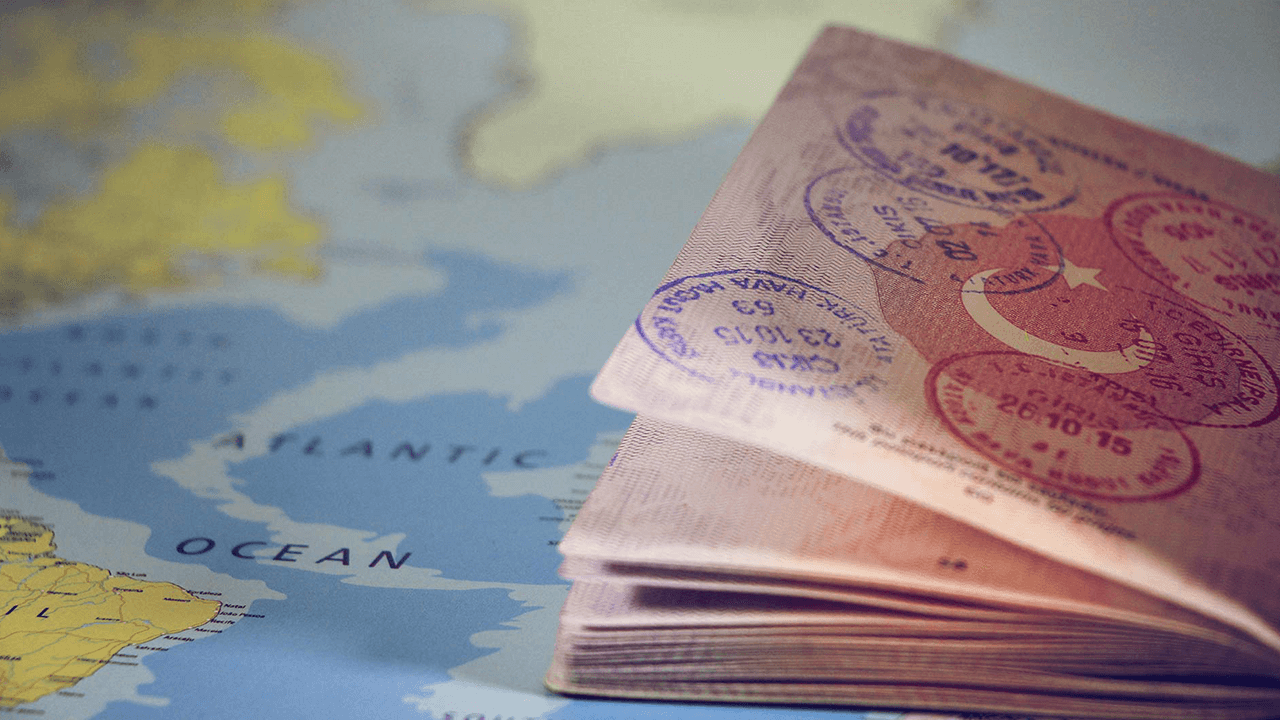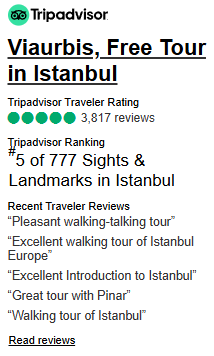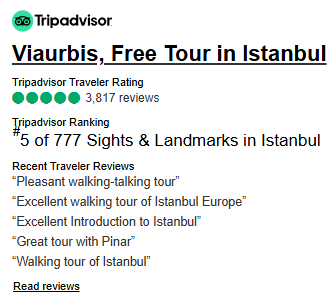Visa for Turkey: Required Documentation, Visas, and Customs Regulations
If you plan to visit Turkey, it is essential to understand the requirements for documentation, visas, and customs regulations. Depending on your nationality, you may need to obtain a visa or simply present a valid passport. These rules vary based on the length of stay, the purpose of your visit, and bilateral agreements between Turkey and your home country. Below, we provide all the relevant information to help you plan your trip smoothly and fully enjoy your experience in this fascinating destination.
Passport and Visa
To enter Turkey, visitors must present a valid passport. The required validity depends on nationality, but generally, it is recommended that the passport be valid for at least six months from the date of entry. Some countries allow entry with a minimum of three months’ validity on the passport, while others require obtaining a visa in advance. Check with the Turkish Embassy or Consulate in your country for specific details.
For instance, Spanish citizens can enter Turkey with a passport or even just their national ID card (DNI). Upon arrival, they must pay a visa fee of 15 euros, which is valid for up to 90 days.
Countries that do not require a visa:
Depending on the length of stay, citizens of certain countries can enter Turkey without a visa:
- Up to 90 days: Germany, Argentina, France, Japan, New Zealand, Uruguay, Italy, Greece, among others.
- Up to 60 days: Bosnia and Herzegovina, Croatia, North Macedonia, Montenegro.
- Up to 30 days: Costa Rica, Kazakhstan, Macau, Singapore.
Countries that require a visa:
Some nationalities must apply for a visa depending on the duration of their stay. This visa can be obtained online through the electronic visa system (e-Visa) or at the corresponding embassy:
- Up to 90 days: Australia, Canada, United States, United Kingdom, Mexico.
- Up to 60 days: Albania, Belarus, Ukraine, Moldova.
- Up to 30 days: Armenia, Estonia, Poland, Serbia.
If your country is not listed here, you will likely need a visa. In this case, contact the nearest Turkish Embassy for details about specific requirements and the application process.
Visa Application Process
The process for obtaining a visa may vary depending on your nationality and length of stay:
- e-Visa: Many visitors can apply for an electronic visa via the official website (www.evisa.gov.tr). This process is quick, simple, and generally takes less than 48 hours for approval. You only need to fill out a form, pay the applicable fee with a credit card, and receive the visa by email.
- Embassy: If you are not eligible for an e-Visa, you will need to apply for a visa at a Turkish embassy or consulate. This process may include interviews and additional documentation, such as flight tickets, proof of accommodation, and bank statements.
It is important to verify specific requirements for your country before planning your trip. Additionally, remember to print a copy of your electronic visa and carry it with you during your visit.
Customs
Turkey has specific regulations for importing and exporting goods. These rules apply to both travelers and residents returning to the country. Below are the most important regulations:
- Alcohol and tobacco: You may bring up to 200 cigarettes, 50 cigars, 250 grams of tobacco, and 1 liter of alcohol per person.
- Antiques: The export of antiques is strictly prohibited. If you purchase carpets, jewelry, or antique items, keep the purchase receipts to avoid issues at customs.
- Electronics: Personal electronic devices, such as cameras and laptops, must be registered upon entry to ensure they leave the country with their owner.
- Cash: You may bring up to $5,000 or its equivalent in foreign currency without declaration.
Customs authorities may conduct random inspections, so it is advisable to comply with the regulations to avoid inconveniences.
Baggage
Most airlines flying to Turkey allow between 20 and 23 kilograms of checked luggage, while carry-on luggage typically has a weight limit of 8 to 10 kilograms. Here are some tips to optimize your luggage:
- Leave space in your suitcase for souvenirs and purchases, especially if you plan to visit Istanbul’s bazaars.
- Avoid carrying prohibited or restricted items, such as fresh food, to prevent customs issues.
- Organize your belongings into separate bags to facilitate airport inspections.


General Recommendations
- If you travel during Ramadan or national holidays, note that some government offices, banks, and stores may be closed.
- Carry copies of your passport and visa (both physical and digital) in case of loss or theft.
- It is advisable to bring a small amount of euros or dollars, as these are accepted in some tourist areas, though exchange rates may not be favorable.
- Check the official Turkish government website or contact your travel agency for the most up-to-date entry requirements.
Conclusion
Planning your documentation and understanding customs regulations is key to a hassle-free trip to Turkey. Whether you need a visa or not, ensuring you carry the correct documents and adhere to customs rules will make your experience in this fascinating destination smoother and more enjoyable. With a bit of preparation, you can fully enjoy your stay in Turkey and all the wonders it has to offer.














3 thoughts on “Visa for Turkey”
★★★★★
Highly recommend visiting ‘Visa for Turkey’—a site rich with history and unparalleled beauty.
★★★★★
I was blown away by everything ‘Visa for Turkey’ has to offer. Definitely a place to return to in the future.
★★★★★
Exploring ‘Visa for Turkey’ exceeded all my expectations. A perfect combination of culture, beauty, and knowledge.